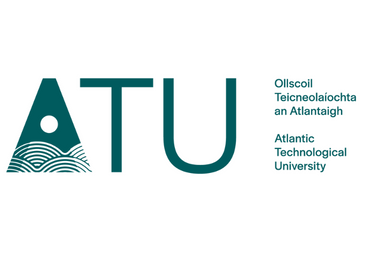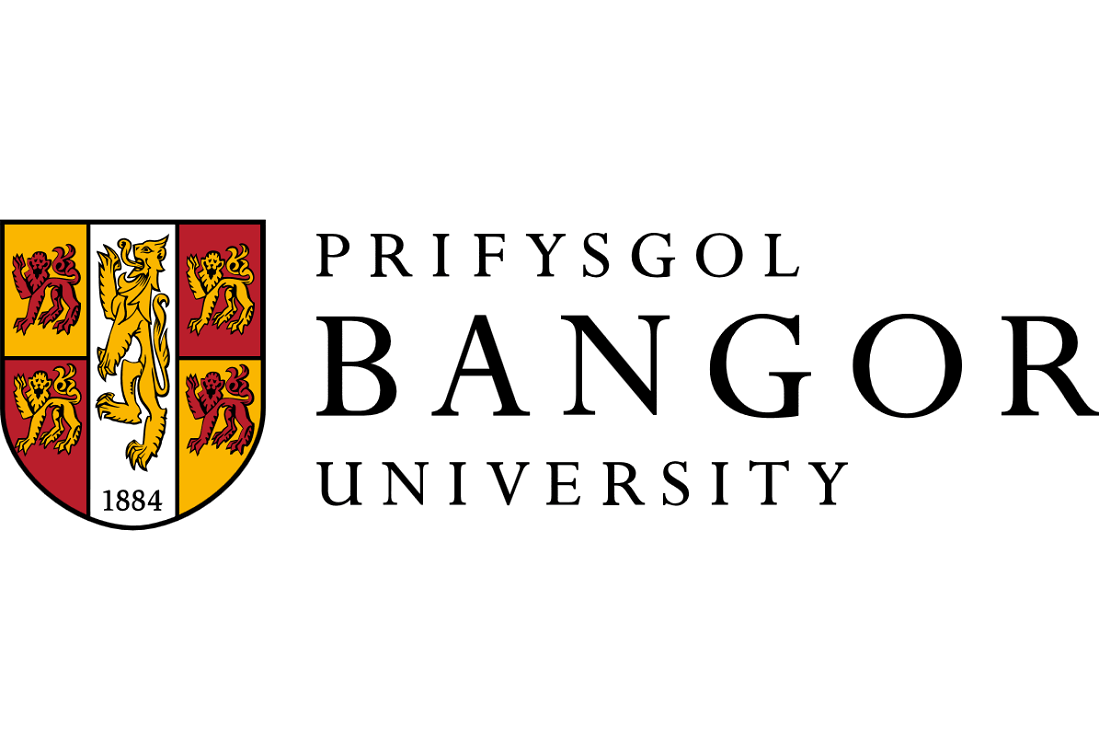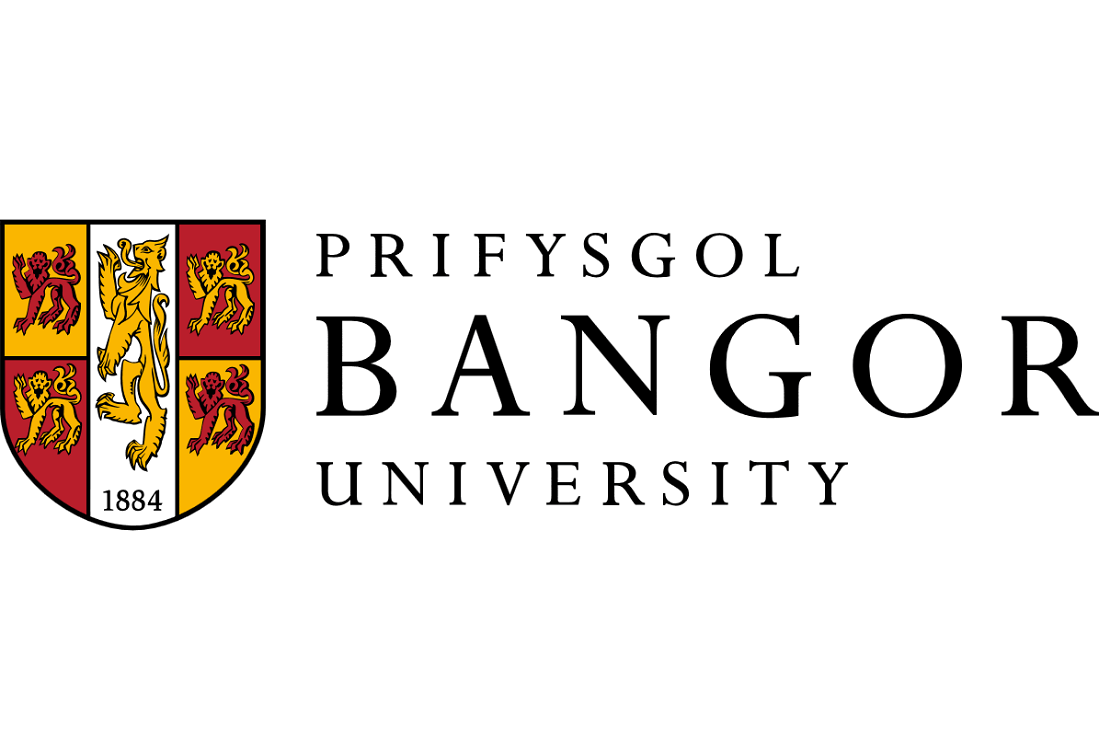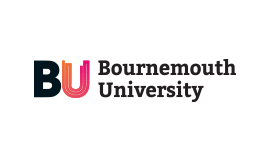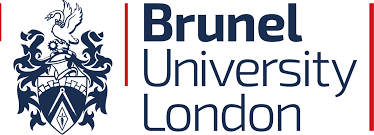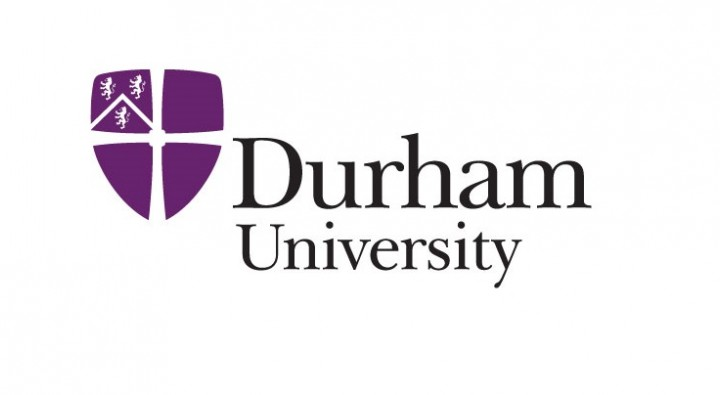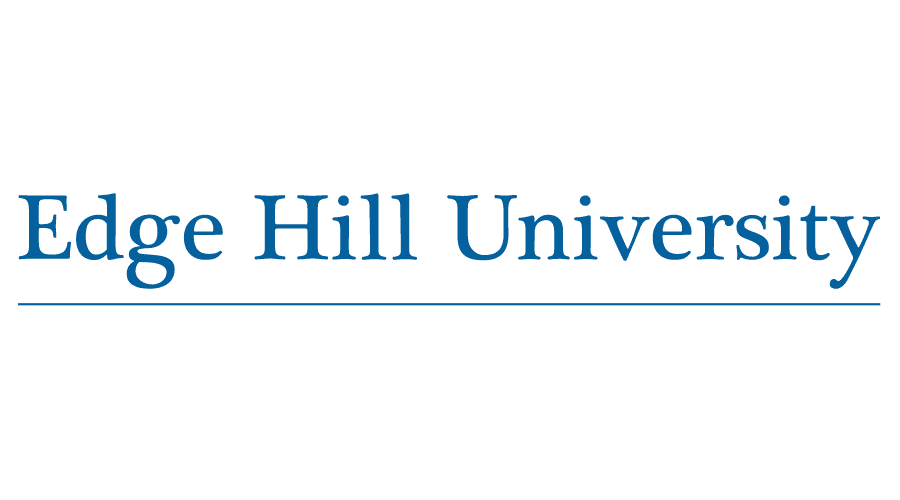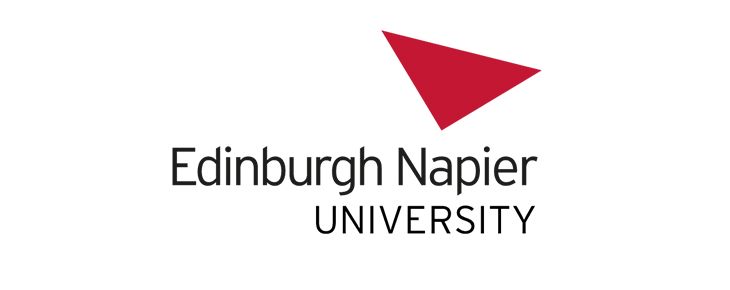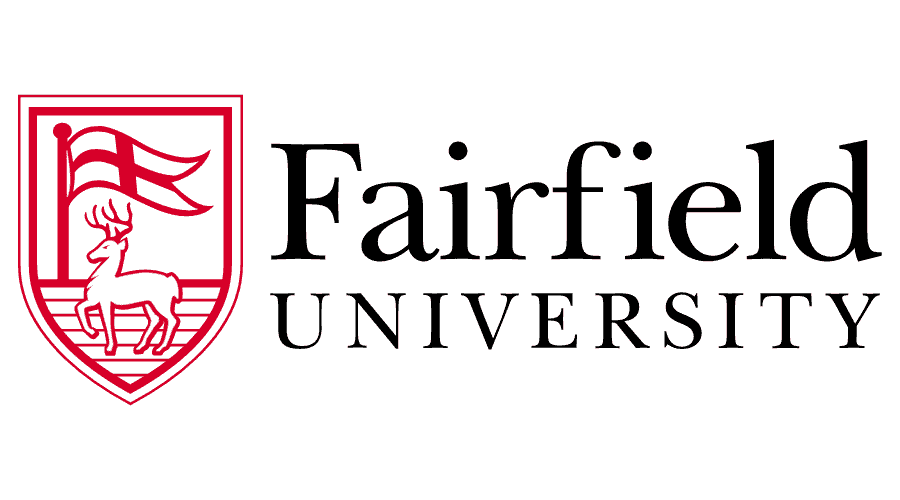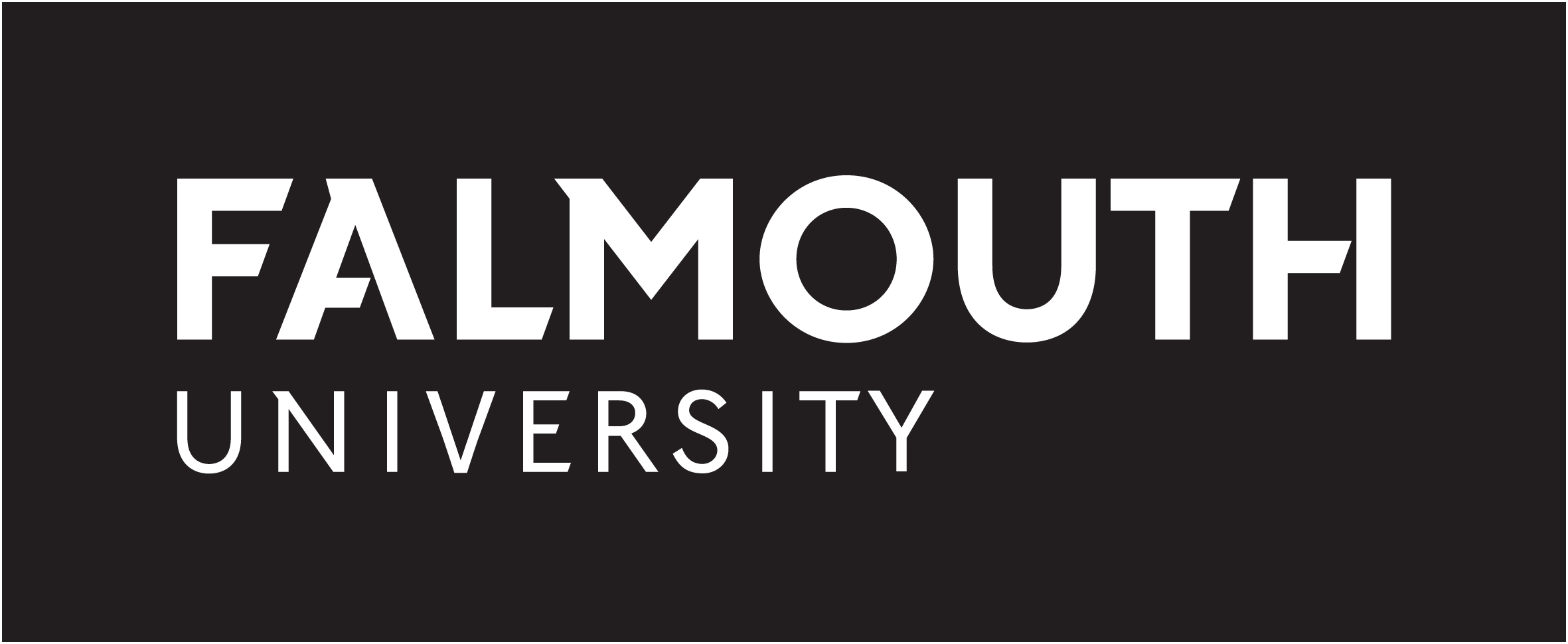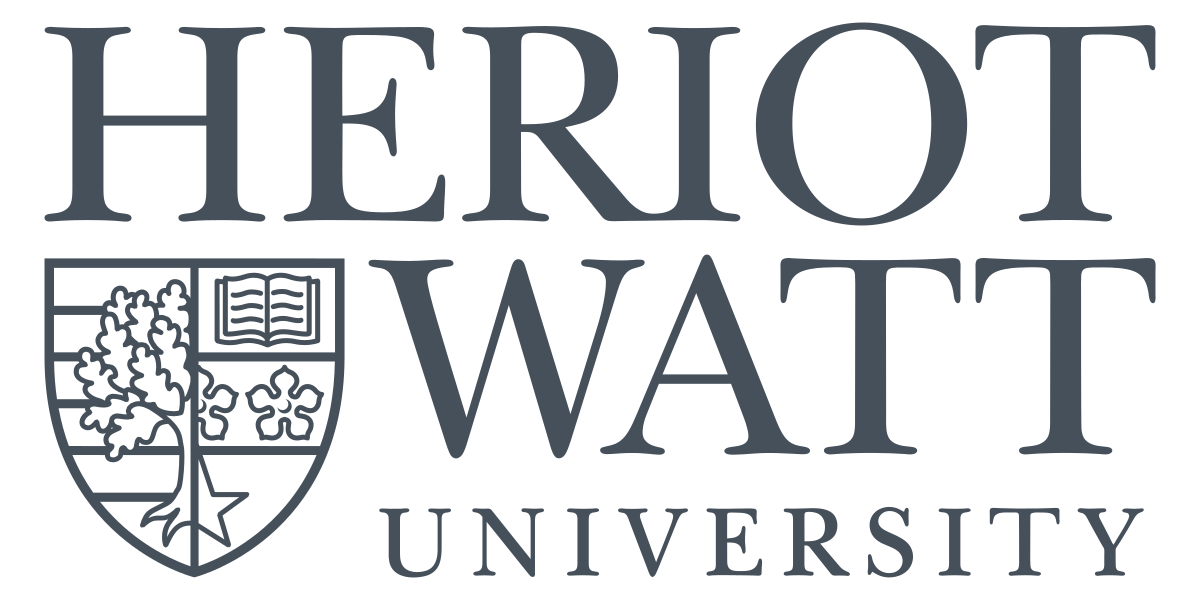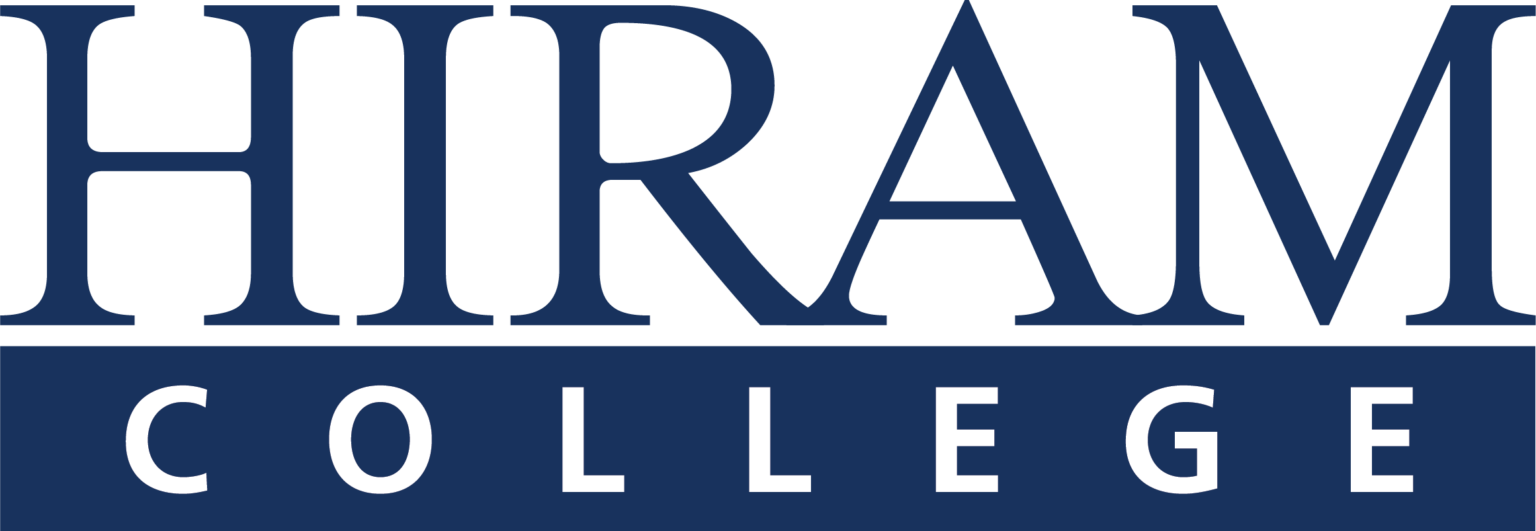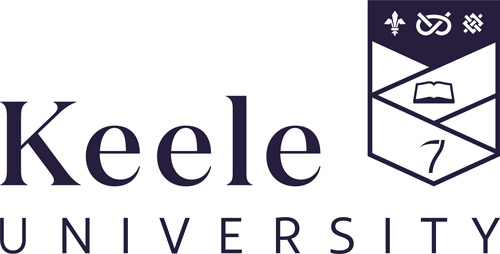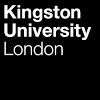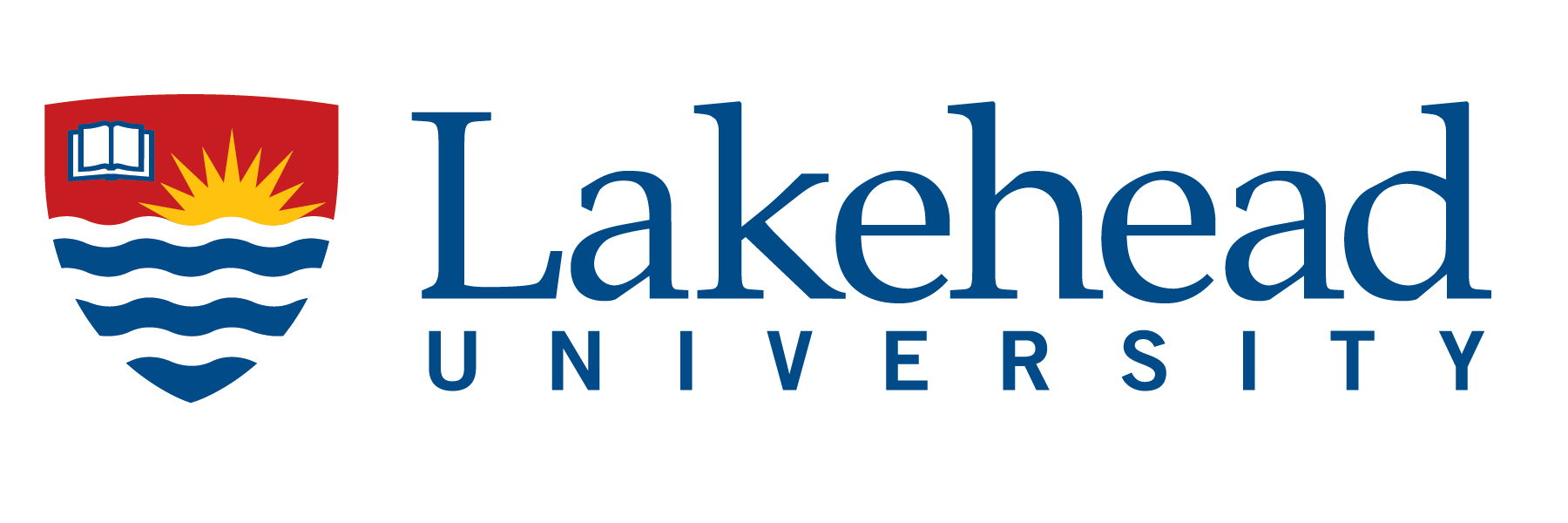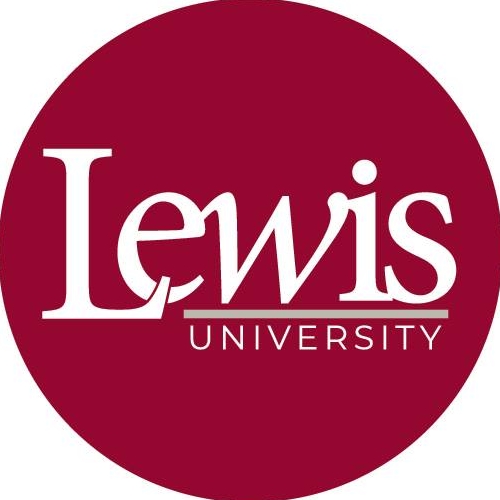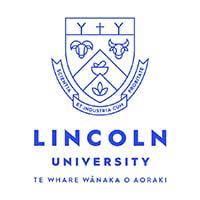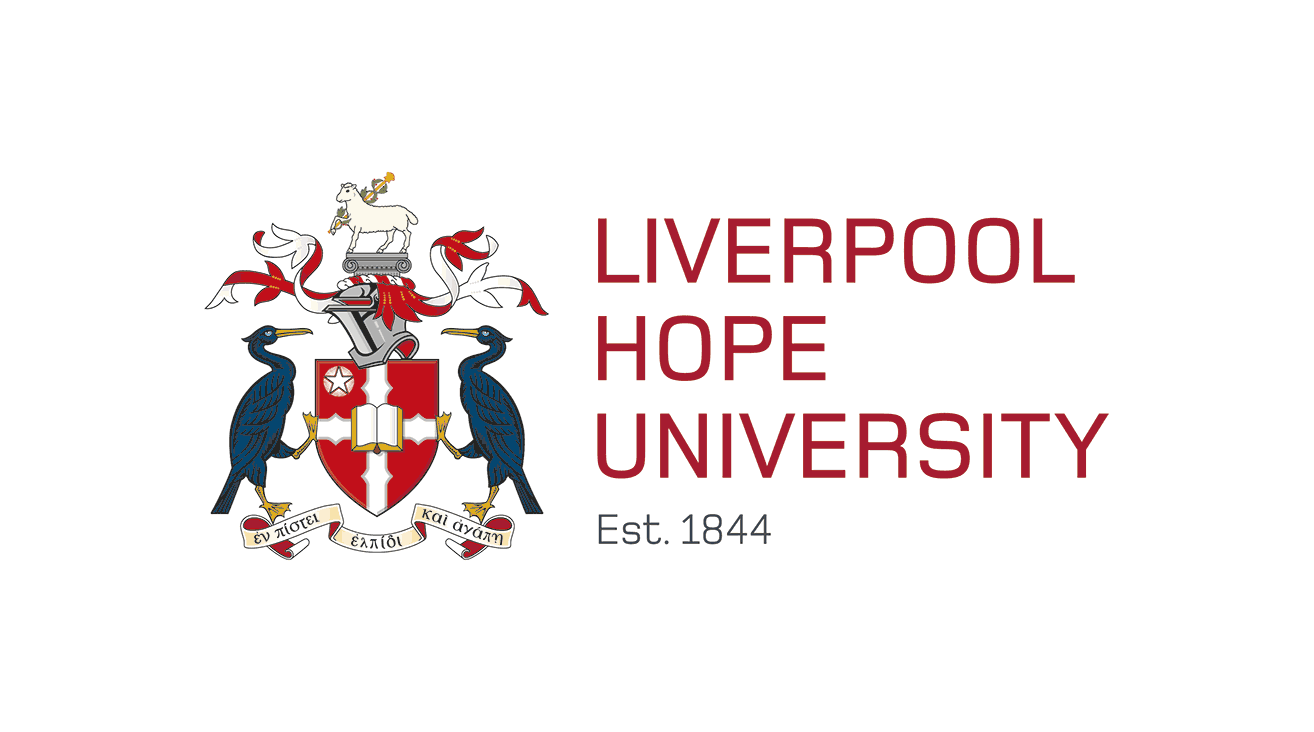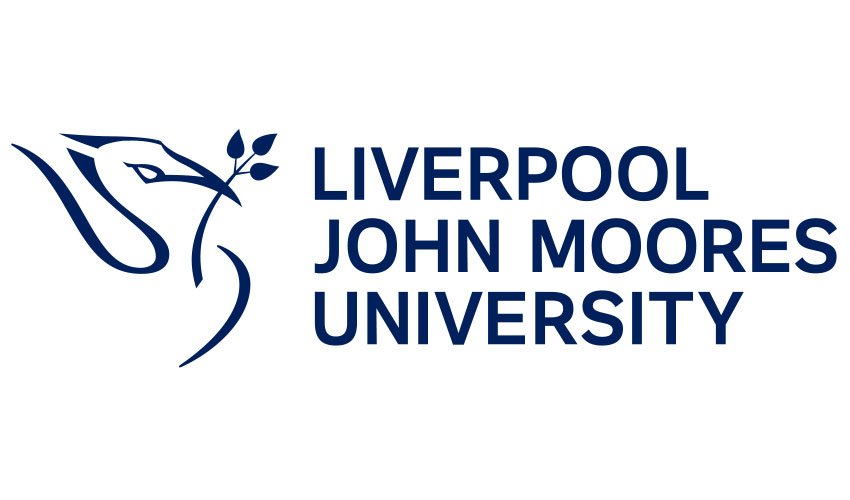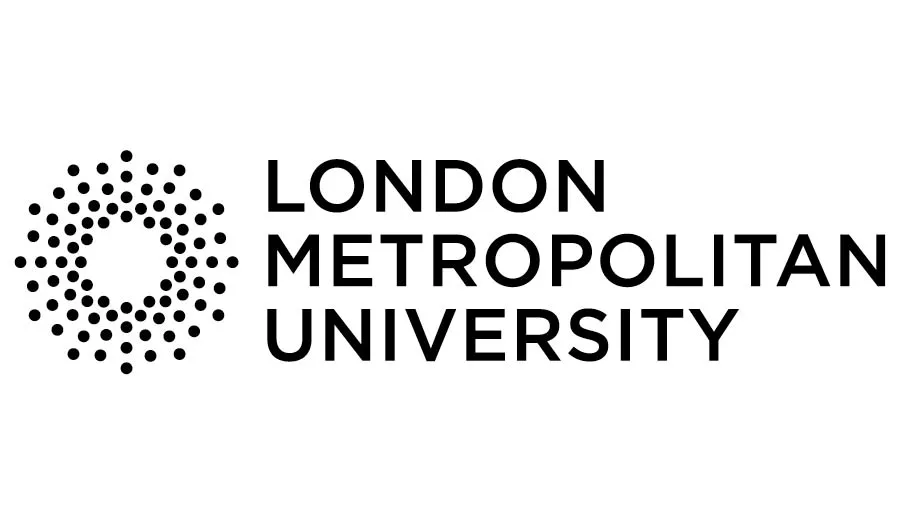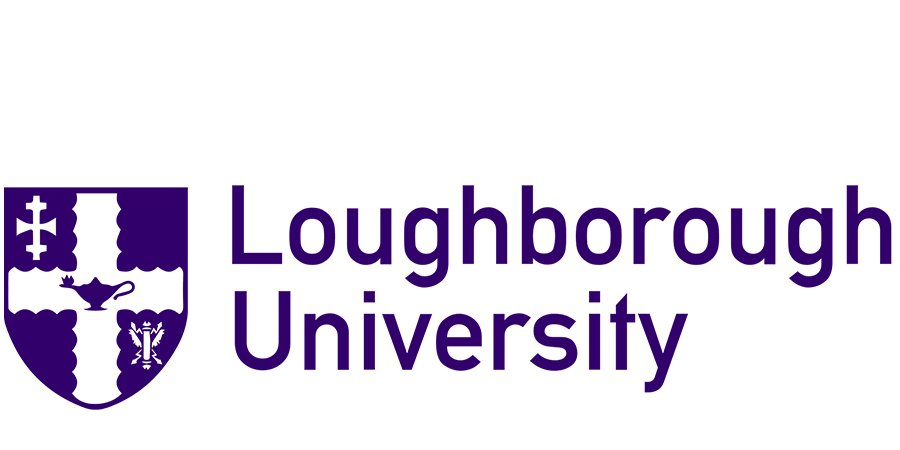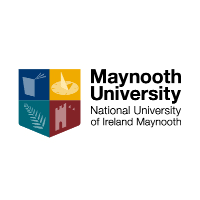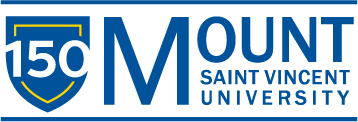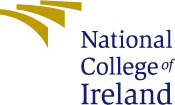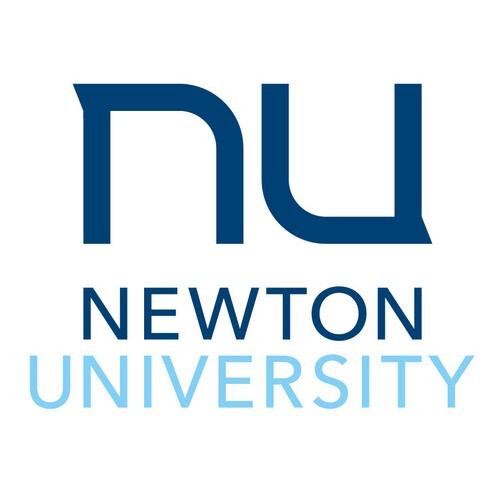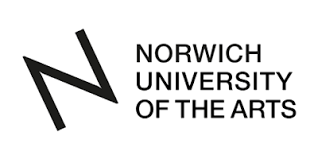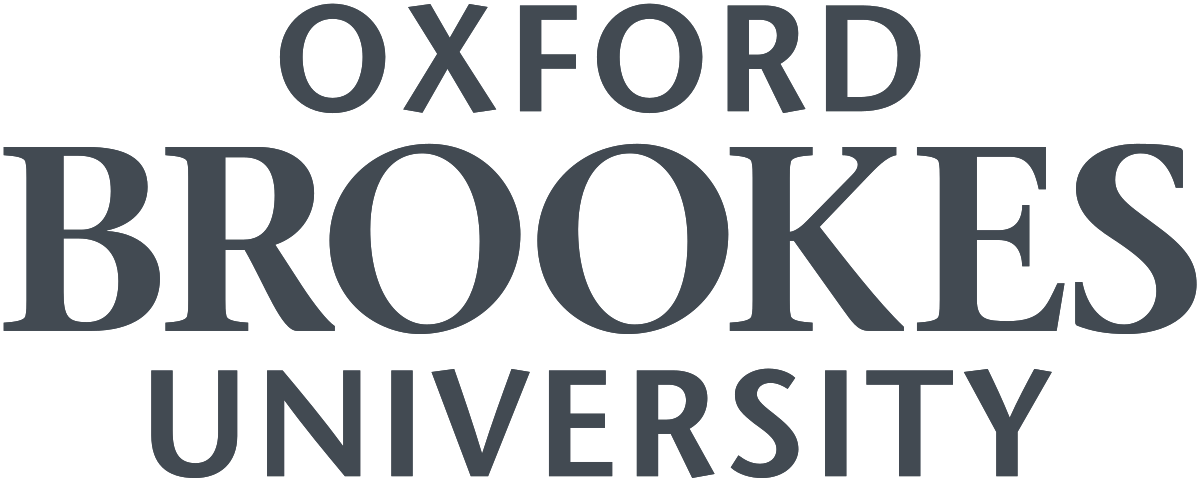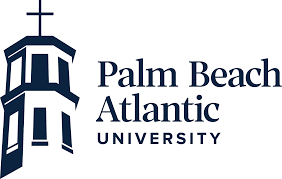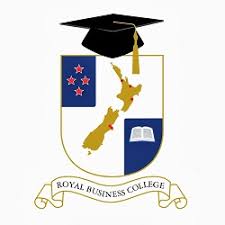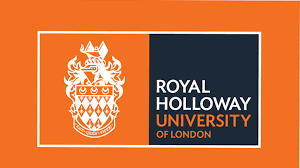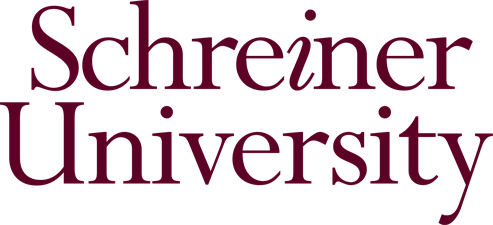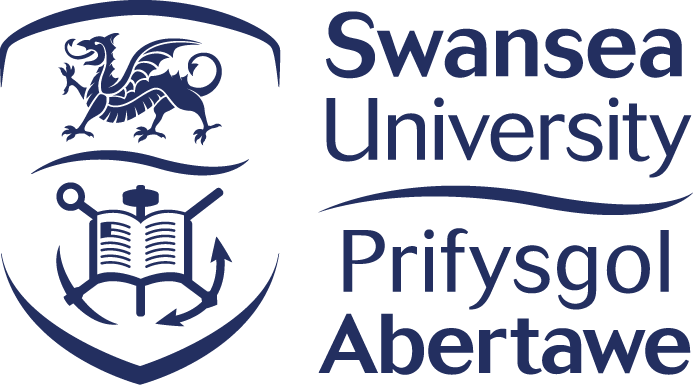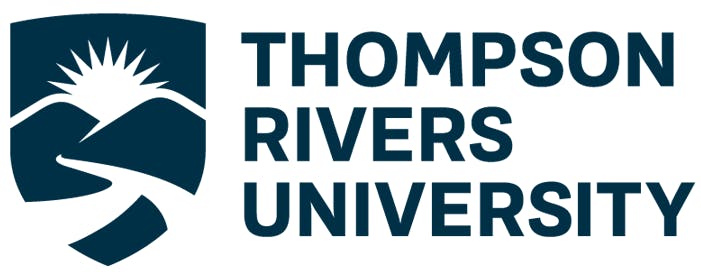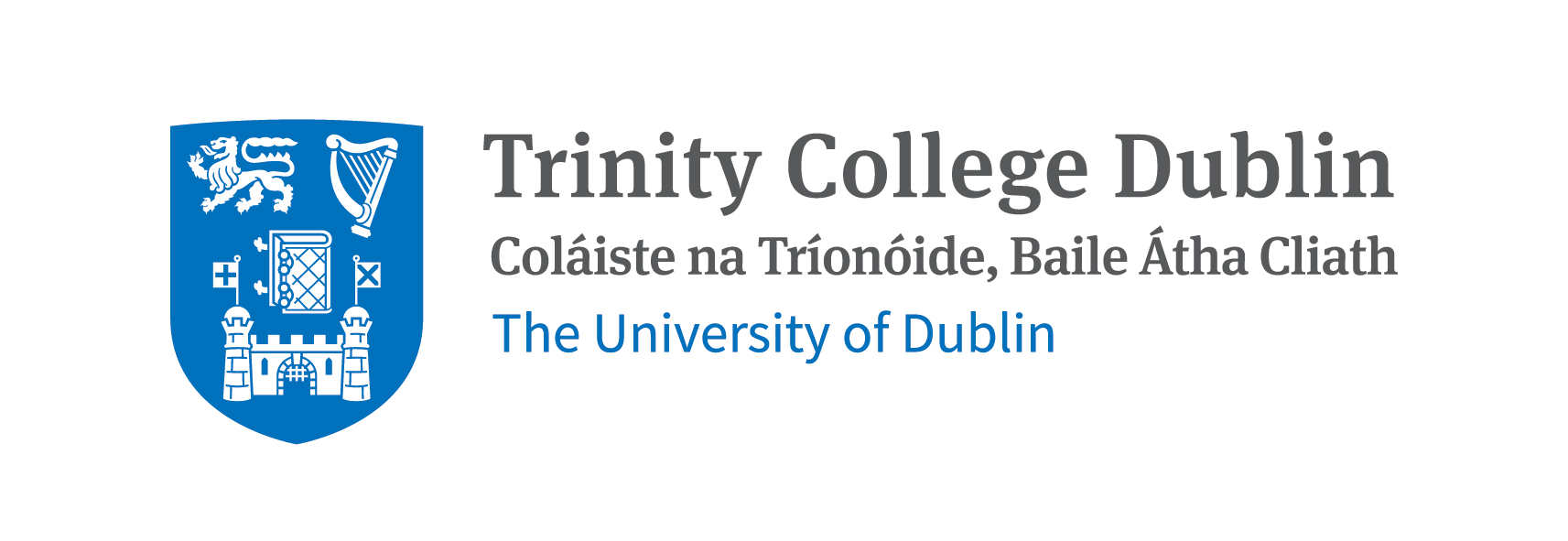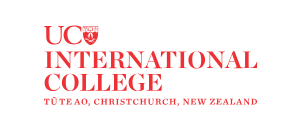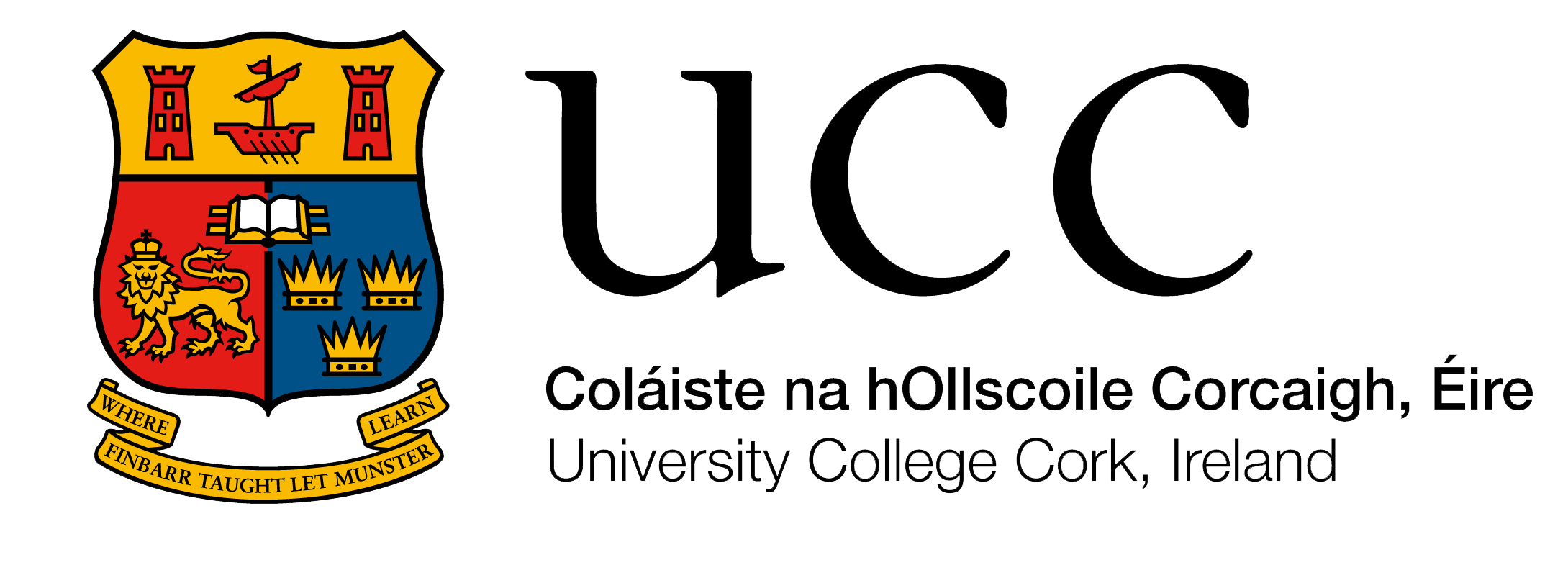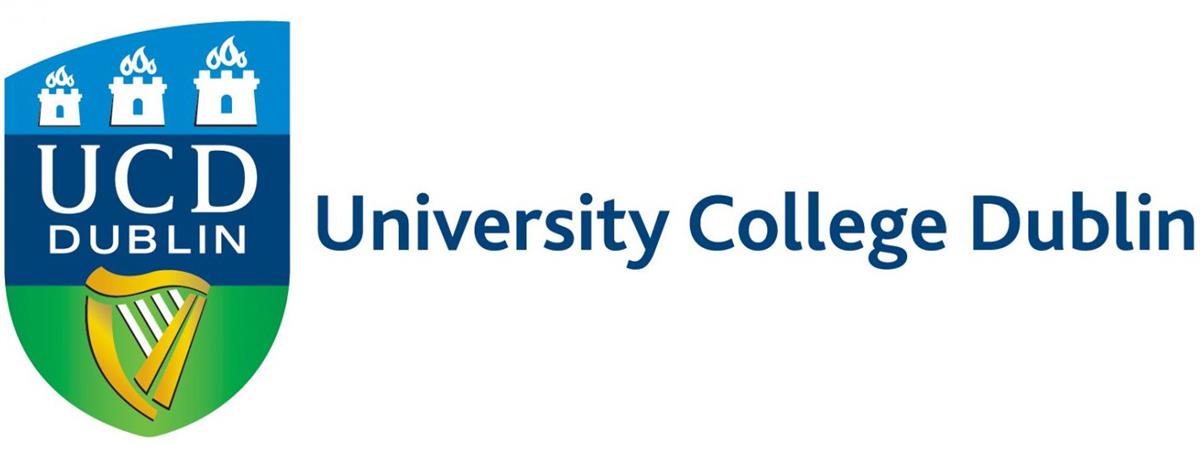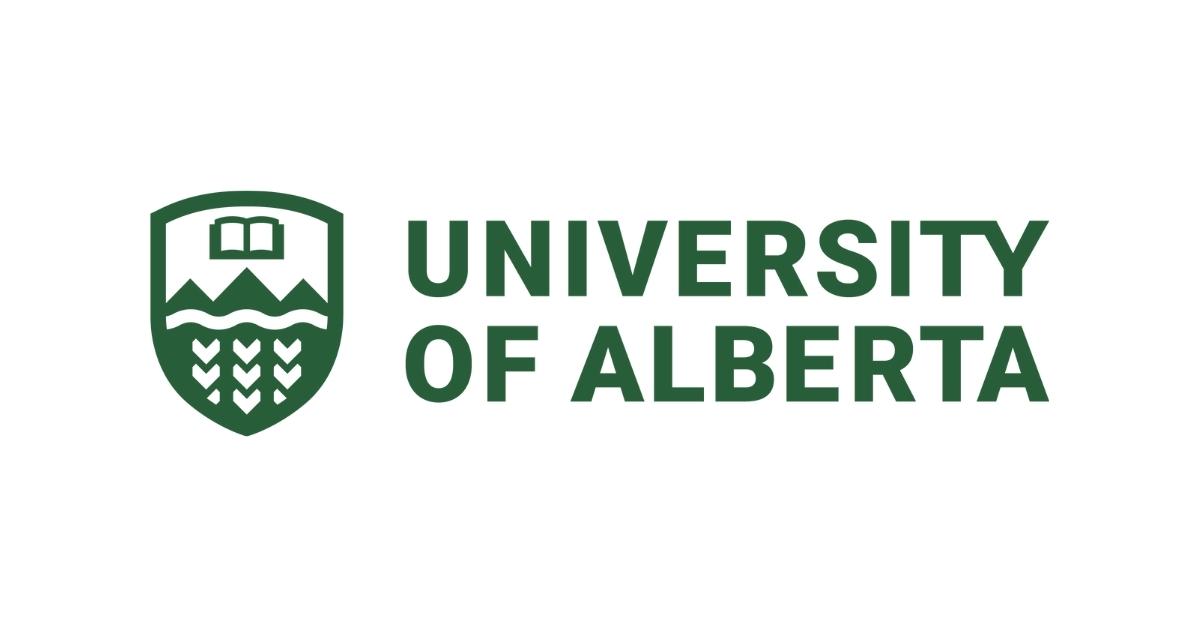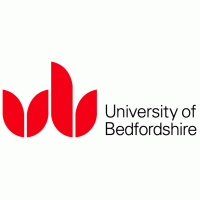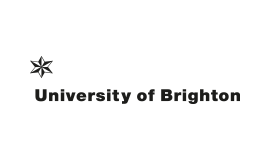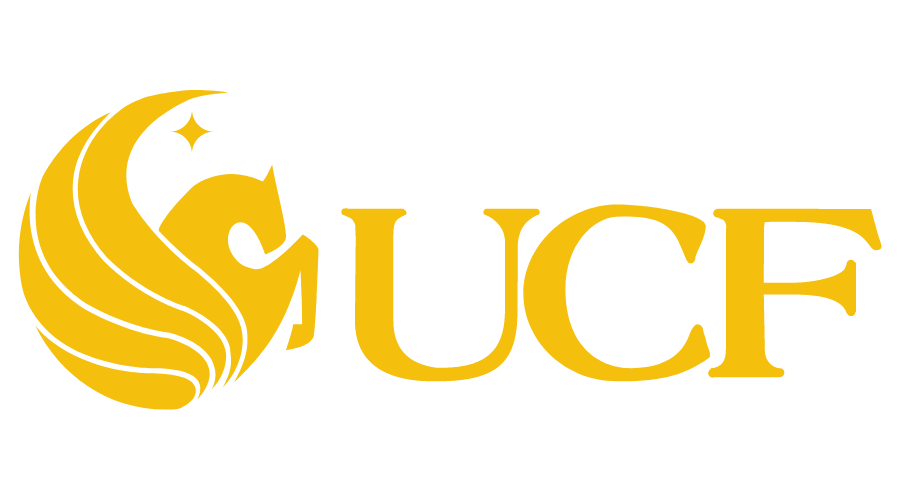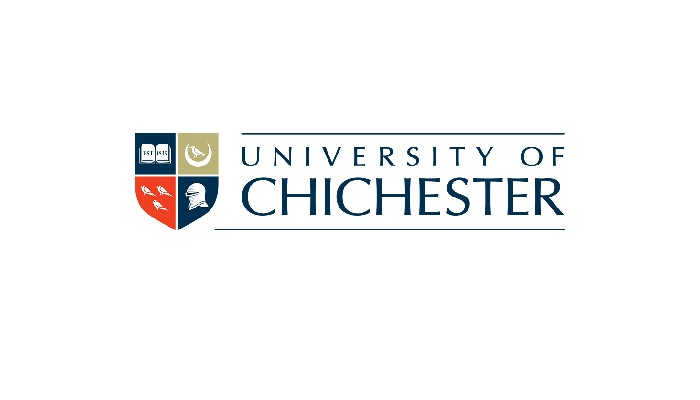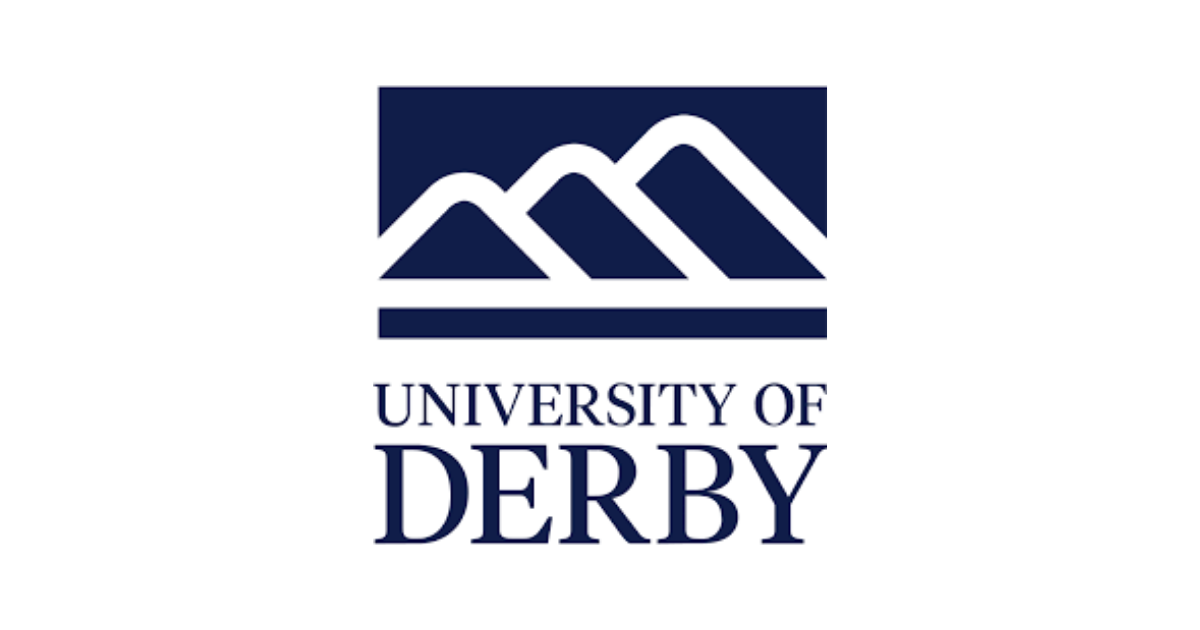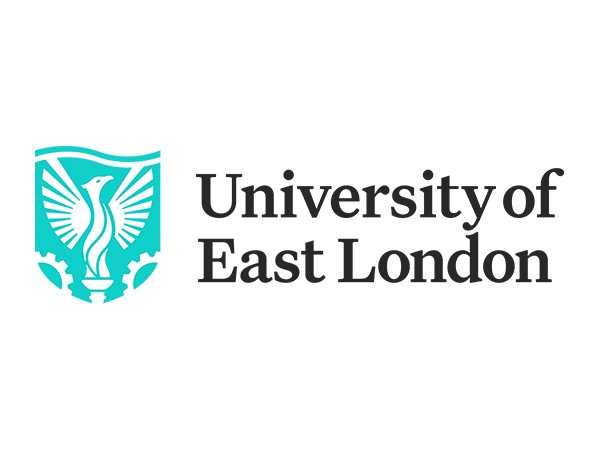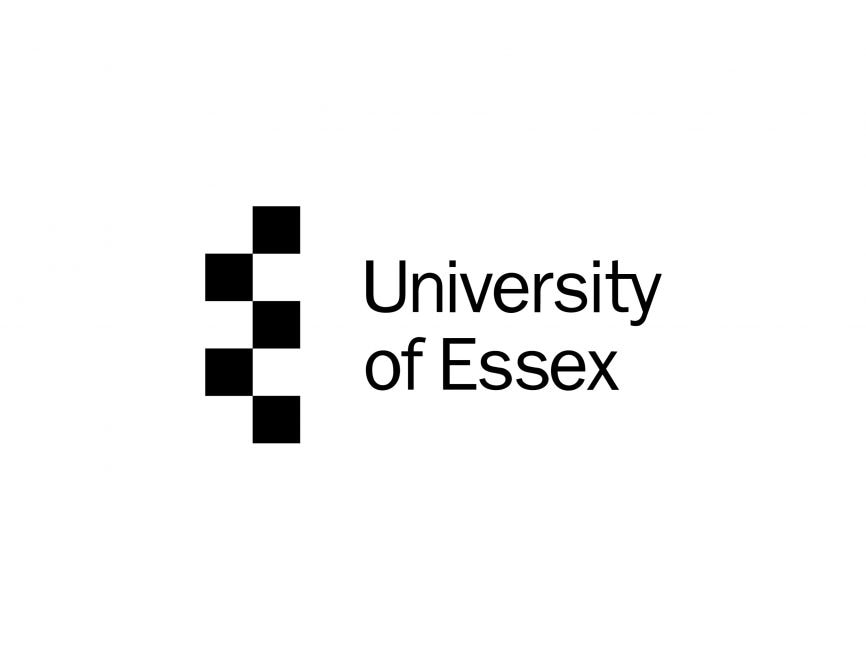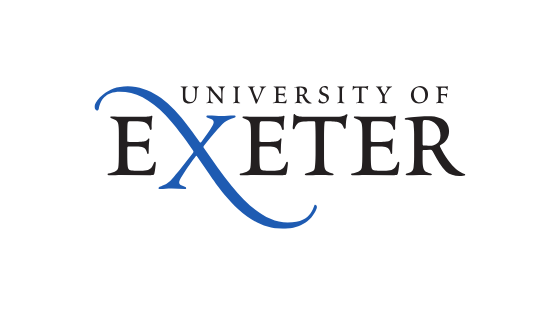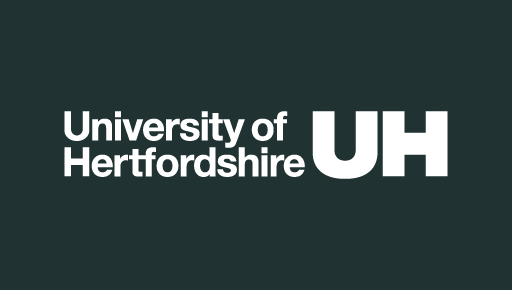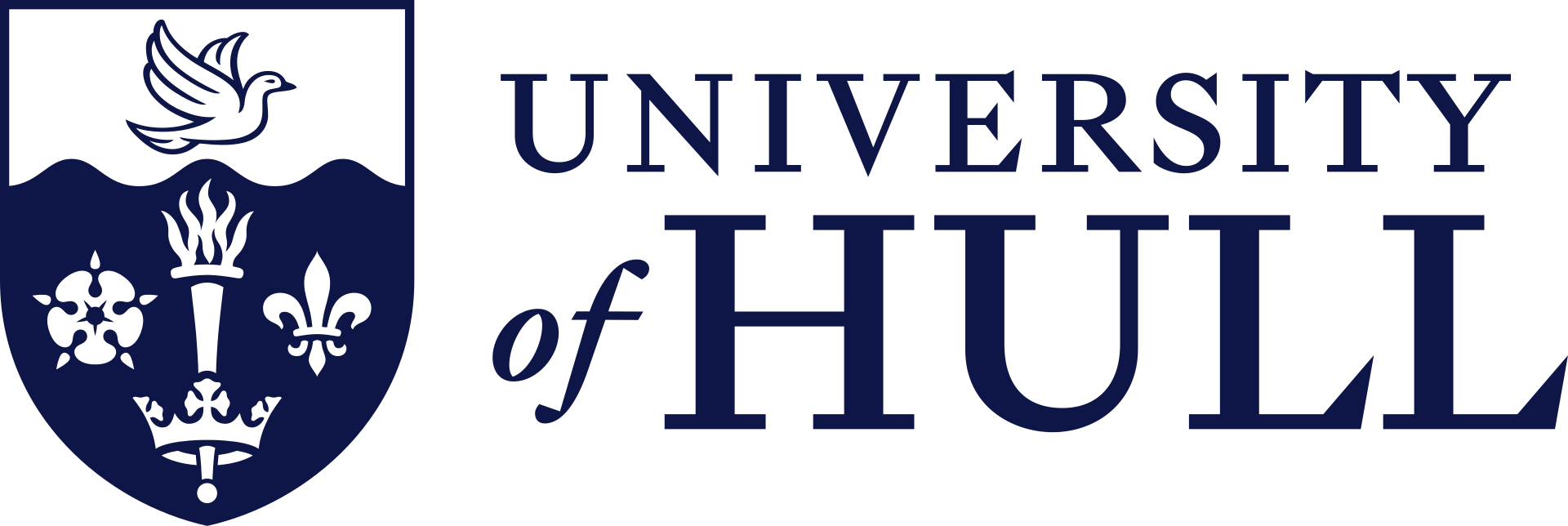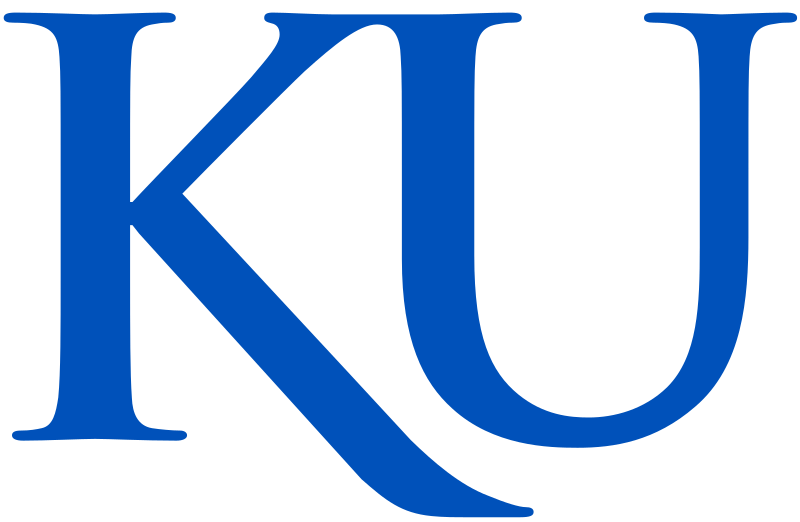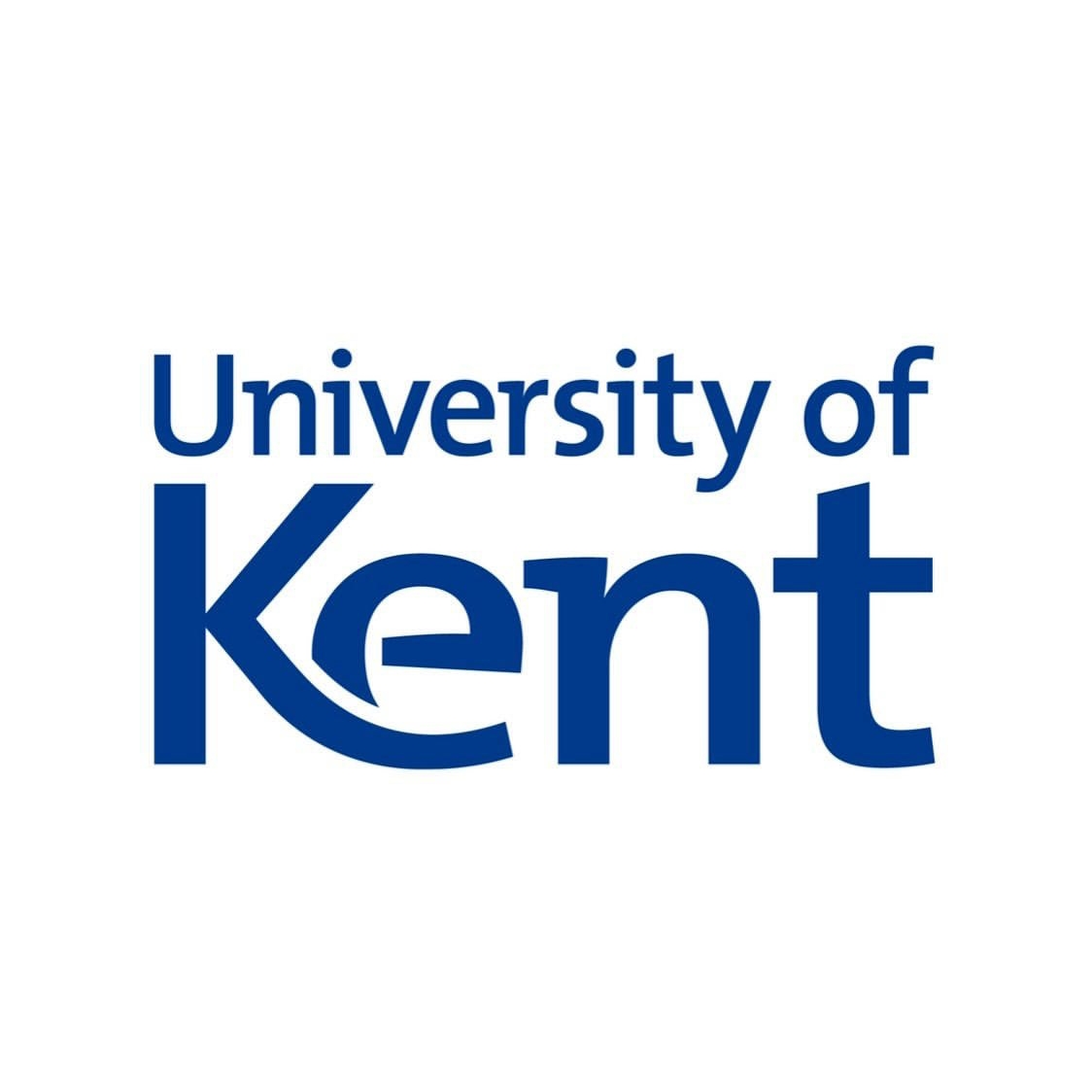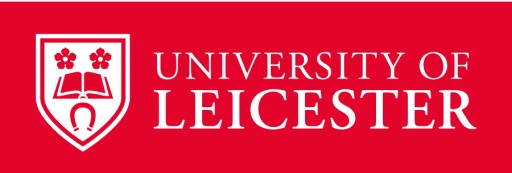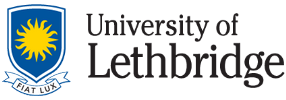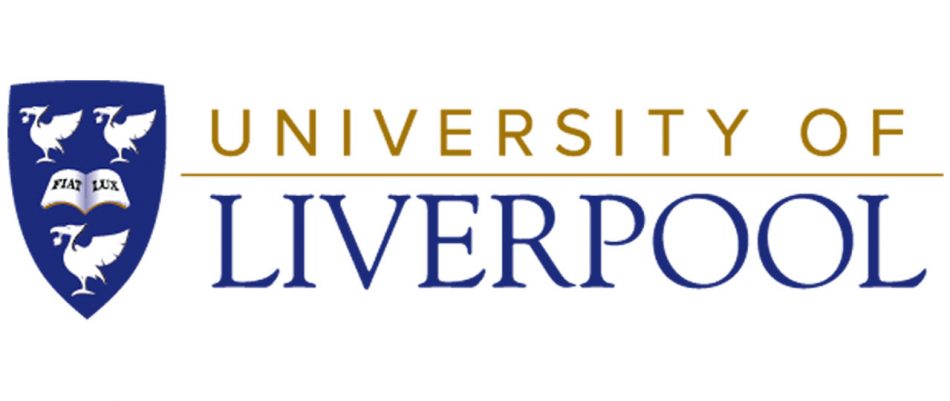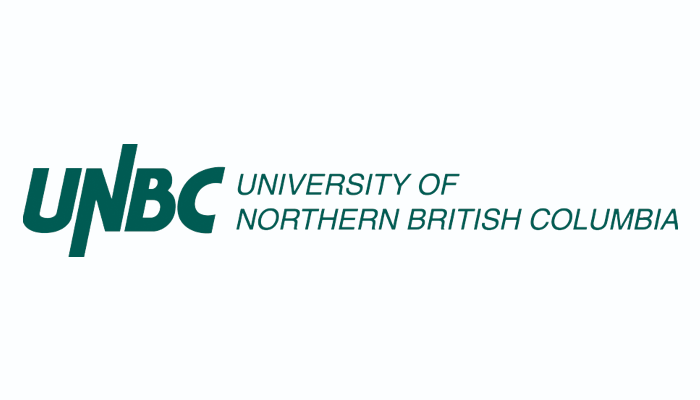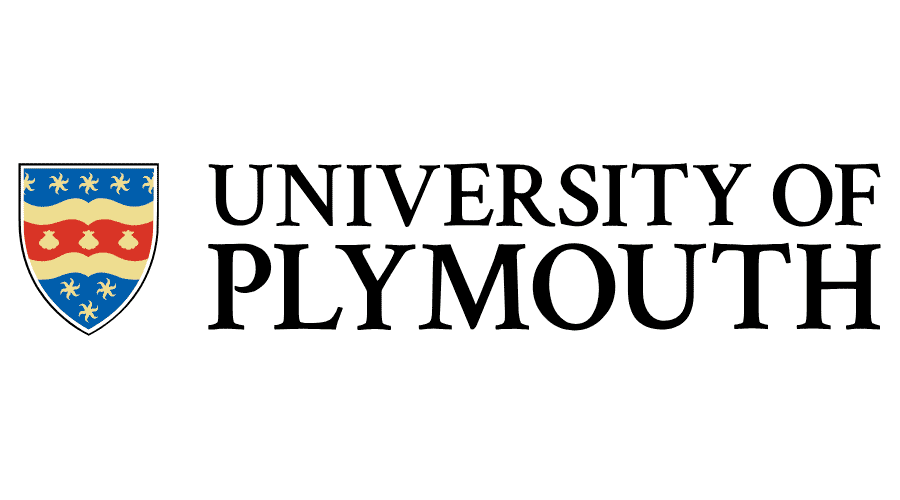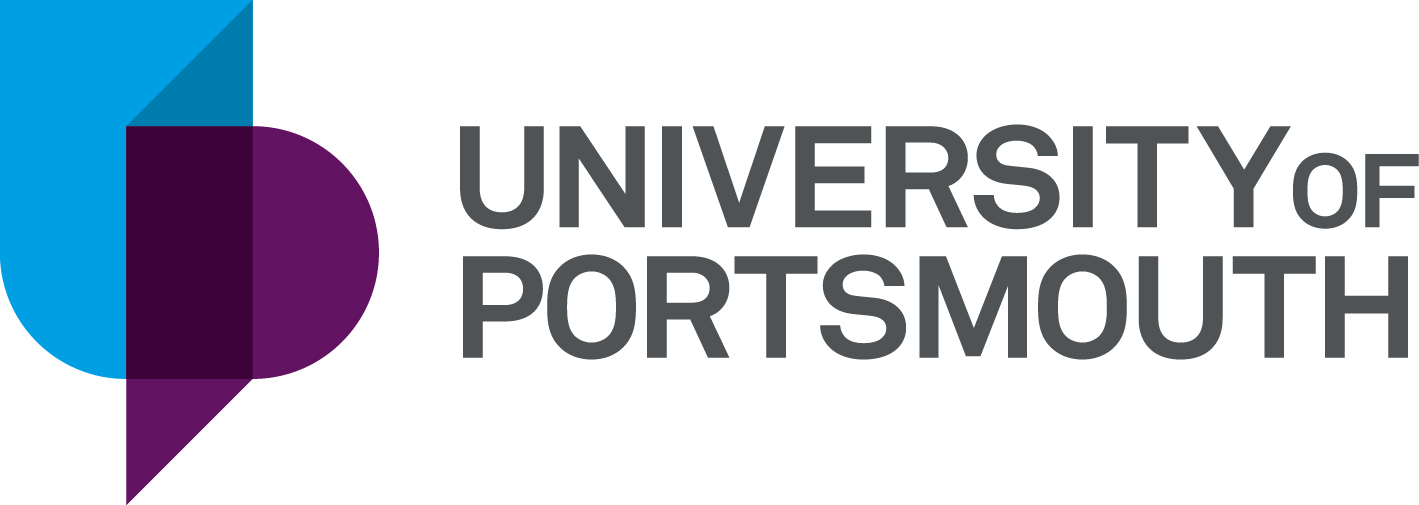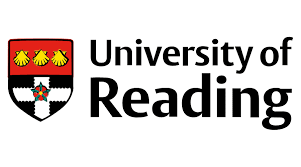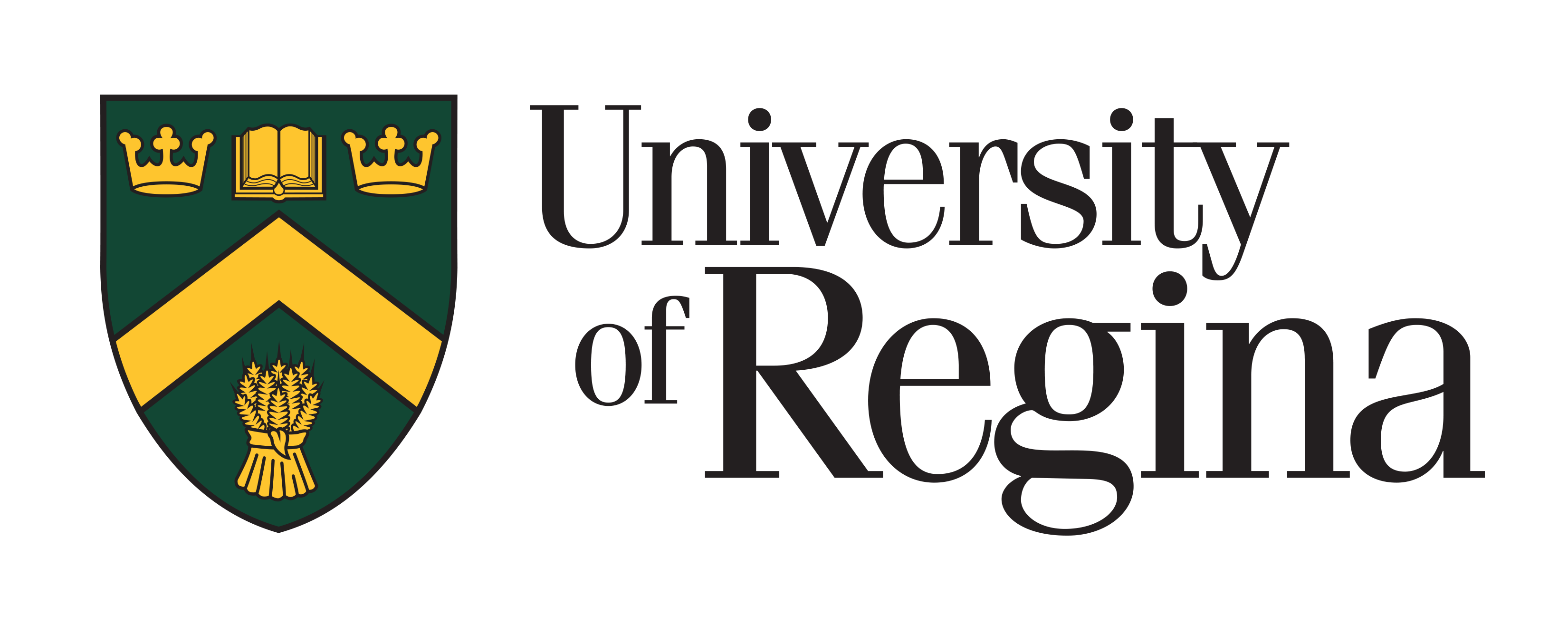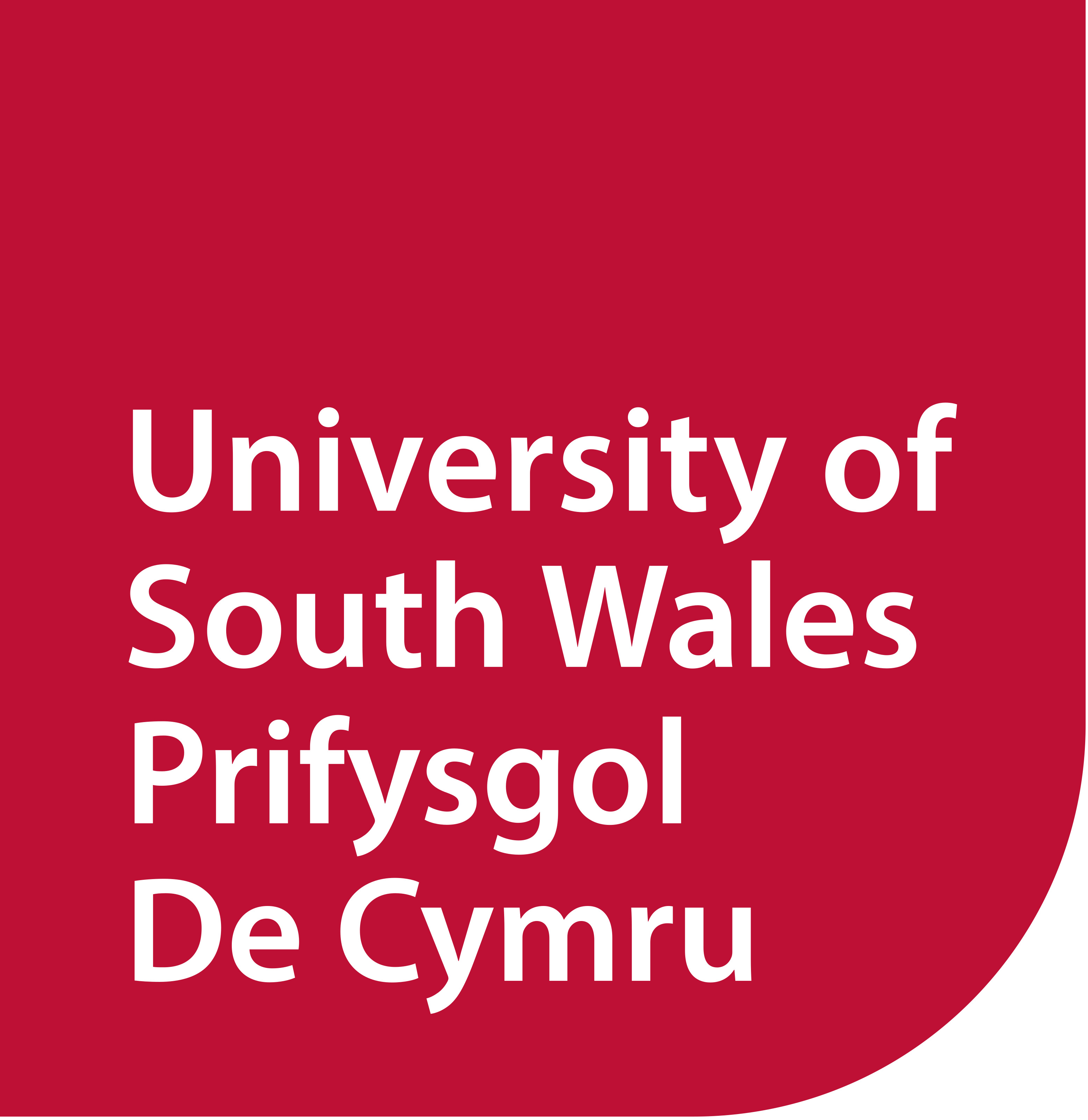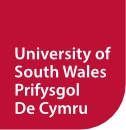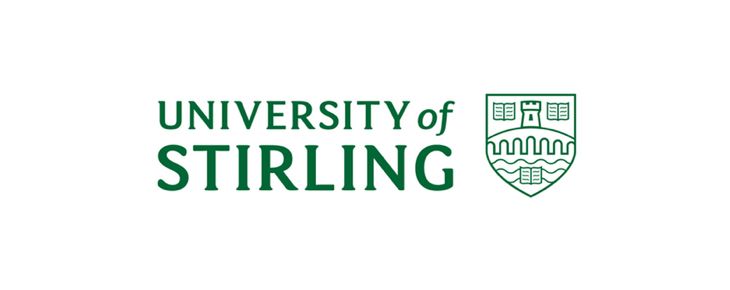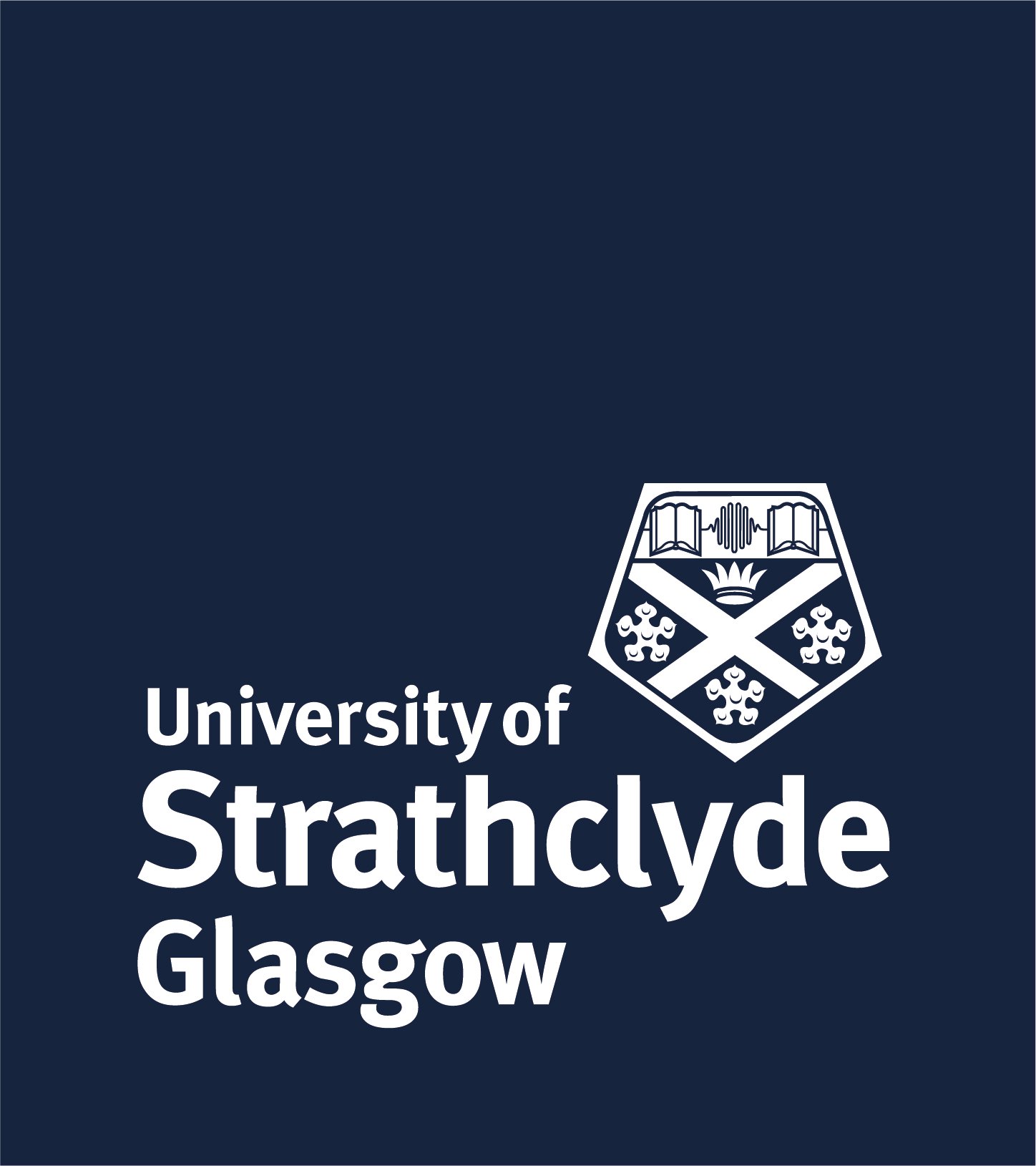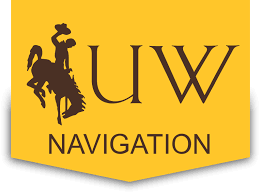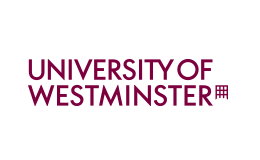Study Abroad: Marketing Programs for Indian Students
Embarking on a journey to study Marketing abroad is an exciting prospect, especially for Indian students looking to gain a global perspective and competitive edge. This page provides a comprehensive overview of what you can expect from international Marketing programs, how they differ from traditional Indian curricula, and the immense benefits they offer.
Why Study Marketing Abroad?
The global marketplace is dynamic, interconnected, and constantly evolving. Studying Marketing abroad exposes you to diverse consumer behaviors, international business strategies, and cutting-edge digital tools that are shaping the industry worldwide. Here's why it's a game-changer:
- Global Perspective: Understand marketing in different cultural contexts and consumer landscapes.
- Industry Relevance: Learn about the latest trends, technologies (AI, Big Data, VR in marketing), and best practices from leading global companies.
- Networking Opportunities: Connect with international faculty, industry professionals, and a diverse cohort of students, building a valuable global network.
- Skill Enhancement: Develop critical thinking, problem-solving, cross-cultural communication, and adaptability – highly sought-after skills in today's job market.
- Career Advancement: Graduates with international marketing degrees often find themselves in high demand for roles in multinational corporations, international agencies, and global startups.
What Marketing Programs Can You Expect?
International universities offer a wide array of Marketing specializations to cater to various interests and career aspirations. Programs typically range from undergraduate Bachelor's degrees to postgraduate Master's degrees (MSc, MA, MBA with a Marketing specialization) and even doctoral studies.
Common Specializations Include:
- Digital Marketing: Focuses on SEO, SEM, social media marketing, content marketing, email marketing, and analytics.
- Brand Management: Explores brand strategy, identity, positioning, and equity management.
- Marketing Analytics: Deals with data collection, analysis, and interpretation to inform marketing decisions.
- International Marketing: Covers strategies for entering and succeeding in global markets, understanding cultural nuances.
- Consumer Behavior: Delves into psychological and sociological factors influencing consumer decisions.
- Product Management: Focuses on the lifecycle of products, from conception to launch and beyond.
- Marketing Communications (MarCom): Integrates advertising, public relations, sales promotion, and direct marketing.
Curriculum Highlights and Learning Methodologies
One of the most significant differences you'll find in international Marketing programs is the emphasis on practical application, case studies, and real-world projects. While theoretical foundations are strong, the focus is often on how these theories translate into actionable strategies.
Typical Course Modules May Include:
| Module Category | Examples of Topics Covered |
|---|---|
| Core Marketing Principles | Marketing Management, Market Research, Consumer Behavior, Strategic Marketing |
| Digital Marketing & Technology | SEO & SEM Strategies, Social Media Marketing, Web Analytics, E-commerce, AI in Marketing |
| Brand & Communications | Brand Management, Integrated Marketing Communications, Advertising & Promotions, Public Relations |
| Global & Strategic Marketing | International Marketing, Global Business Strategy, Marketing Ethics, Cross-Cultural Marketing |
| Data & Analytics | Marketing Analytics, Business Intelligence, Data Visualization, Predictive Modeling |
| Specialized Areas | Product Innovation, Retail Marketing, Services Marketing, B2B Marketing, Non-Profit Marketing |
Learning Methodologies:
- Case Studies: Analyzing real business scenarios and developing strategic solutions.
- Group Projects: Collaborating with international peers on marketing campaigns and presentations.
- Industry Guest Speakers: Learning directly from experienced marketing professionals.
- Simulations: Engaging in marketing simulation games to test decision-making skills.
- Internships & Practicums: Gaining hands-on experience in real companies (often a compulsory or elective component).
- Applied Research: Conducting market research projects and developing comprehensive marketing plans.
Comparing Indian vs. International Marketing Education
While Indian universities provide a strong theoretical base, international programs often excel in their practical, industry-integrated approach. Here's a brief comparison:
- Curriculum Focus: Indian programs often lean towards theoretical frameworks and traditional marketing concepts. International programs integrate more digital, analytical, and global aspects, with a strong emphasis on current industry trends.
- Pedagogy: International education heavily relies on case studies, group projects, presentations, and interactive discussions. Indian education, while evolving, can sometimes be more lecture-based.
- Industry Exposure: Many international programs have strong ties with local and global industries, offering better internship and placement opportunities with multinational companies.
- Diversity: Studying abroad exposes you to a truly diverse classroom environment, fostering cross-cultural understanding and communication skills that are invaluable in today's globalized workforce.
- Resources: Access to state-of-the-art marketing labs, advanced software, extensive online databases, and specialized research centers is common in leading international institutions.
Career Opportunities After Studying Marketing Abroad
An international Marketing degree significantly boosts your career prospects. Graduates are highly sought after by a wide range of organizations, from startups to Fortune 500 companies, across various sectors.
Potential Career Paths Include:
- Marketing Manager: Overseeing marketing strategies and campaigns.
- Brand Manager: Developing and managing brand identity and equity.
- Digital Marketing Specialist: Focusing on SEO, SEM, social media, and content marketing.
- Market Research Analyst: Gathering and interpreting data to identify market trends and consumer insights.
- Product Manager: Guiding the development and launch of new products.
- Advertising Account Manager: Managing client relationships and advertising campaigns.
- Public Relations Specialist: Managing public image and media relations.
- E-commerce Manager: Overseeing online sales and marketing strategies.
- Marketing Consultant: Advising businesses on marketing strategies.
- Business Development Manager: Identifying new business opportunities and partnerships.
Many Indian students return to India with enhanced skills and a global outlook, securing lucrative positions in multinational corporations operating in India or taking on international roles within global companies. Others choose to stay abroad, leveraging their international qualifications and networks.
Choosing the Right Program and Destination
When selecting a Marketing program abroad, consider the following:
- Specialization: Which area of Marketing are you most passionate about?
- University Ranking & Reputation: Look at global rankings and program-specific reputations.
- Faculty Expertise: Research the professors and their areas of specialization.
- Location: Consider the job market, industry presence, and cultural fit of the country/city.
- Program Structure: Evaluate the balance between theoretical and practical learning, and the availability of internships.
- Cost & Funding: Factor in tuition fees, living expenses, and scholarship opportunities.
- Alumni Network: A strong alumni network can be invaluable for career opportunities.
Popular destinations for Marketing studies include the USA, UK, Canada, Australia, Germany, and Ireland, each offering unique academic environments and industry connections.
Studying Marketing abroad is an investment in your future, providing not just an education but a transformative experience that broadens your horizons and equips you with the skills to thrive in the global marketing landscape.






